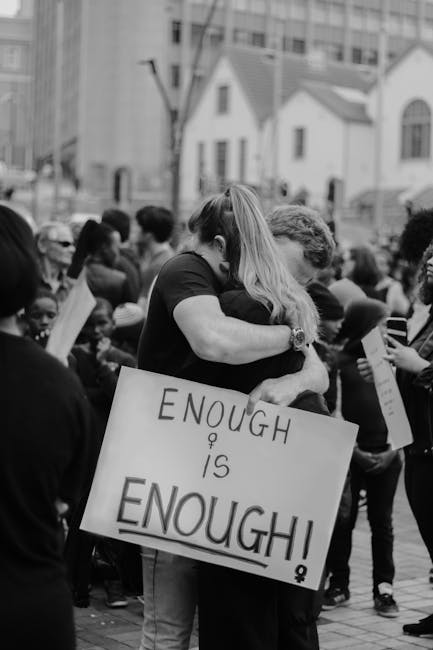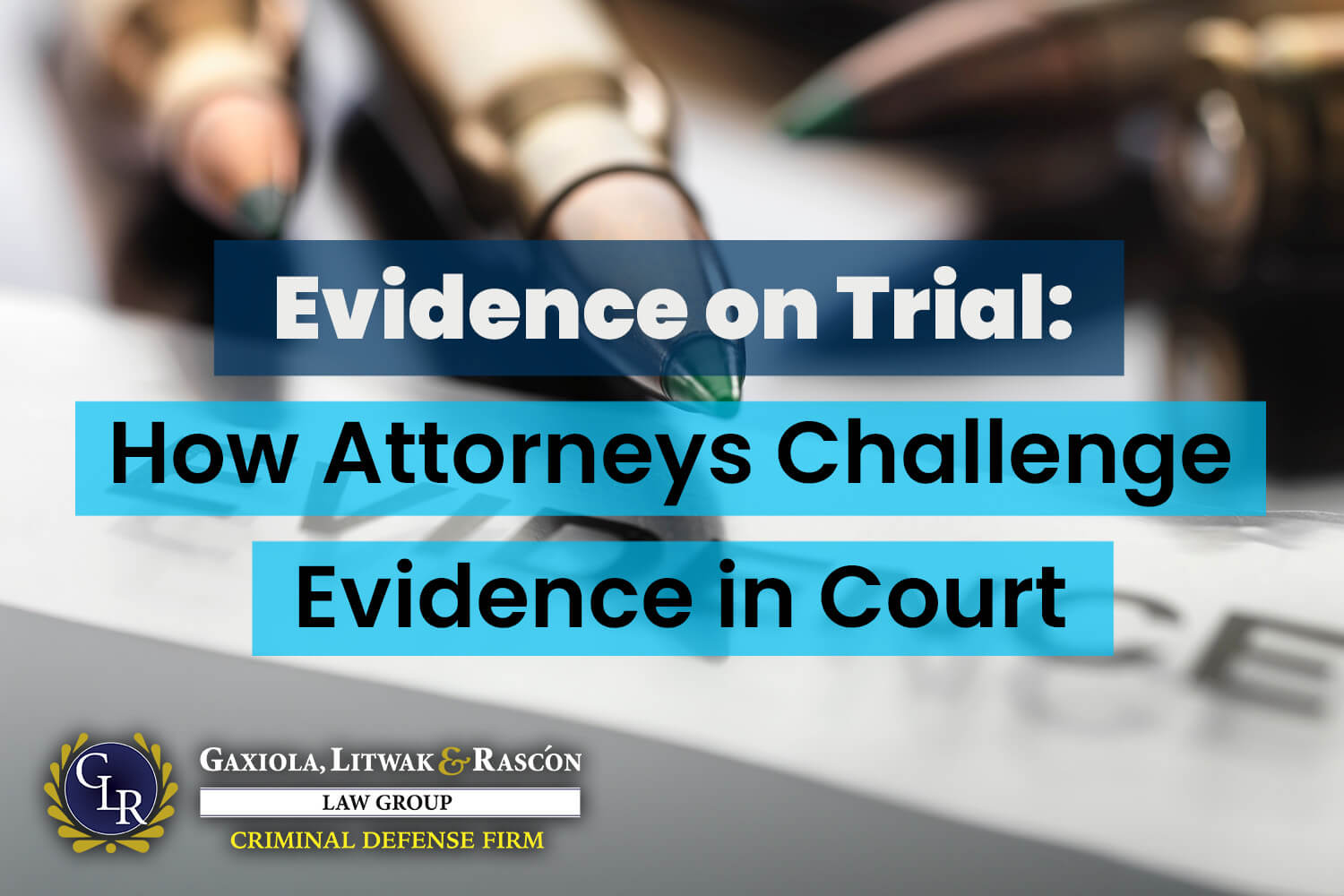
Have you ever heard a juicy piece of gossip and been tempted to share it in court? Well, hold your tongue and listen up, because New Jersey hearsay rules aren’t as forgiving as your Aunt Mildred at Thanksgiving dinner. Understanding what you can and can’t say in court can mean the difference between winning your case and ending up in hot water. So grab a seat, grab a snack, and let’s dive into the murky waters of hearsay in the Garden State.
evidence“>Definition of Hearsay Evidence
So, you want to know about hearsay evidence, eh? Well, let me break it down for you in simple terms. Hearsay is like gossip’s nerdy cousin in the legal world. It’s basically secondhand information that someone is trying to pass off as legit in court. But just like that friend who always exaggerates stories, hearsay evidence is usually not very reliable.
Now, hearsay evidence can come in all shapes and sizes. It could be someone repeating something they heard from a friend of a friend of a friend. Or maybe it’s a juicy tidbit overheard at the water cooler. Either way, it’s not the kind of stuff you want to build a case on.
But hey, don’t get me wrong. Hearsay evidence isn’t always a total waste of time. Sometimes, the court will allow it if there’s a good reason. Maybe the original source is unavailable or maybe it’s just too dang juicy to ignore. But just remember, hearsay evidence is like that sketchy street food truck – you’re taking a risk every time you bite into it.
So, in conclusion, hearsay evidence is like playing a game of telephone in court. The more times that information gets passed around, the more distorted it becomes. And just like that game, the end result is usually a garbled mess that no one can really make heads or tails of. So, next time you hear someone spouting off hearsay evidence, just take it with a big ol’ grain of salt.
exceptions-to-hearsay-rule”>Exceptions to Hearsay Rule
So, you know how hearsay is generally a big no-no in court, right? Well, surprise, surprise – there are some exceptions to that rule! And no, we’re not talking about the rare occasions when pigs fly or when llamas start speaking French. Here are some of the exceptions you may come across:
- Admissions by a party opponent: If someone basically confesses to a crime or wrongdoing, that juicy tidbit can be used in court even if it was said outside the courtroom. It’s like catching them with their pants down – figuratively speaking, of course.
- Excited utterances: Picture this: You see a crime being committed, and you blurt out “Oh my gosh, they did it!” That spontaneous exclamation could be admitted in court as an exception to the hearsay rule. Just make sure to practice your shocked face in the mirror first.
But wait, there’s more! Remember those exceptions next time you find yourself in a courtroom drama. And who knows, maybe one day you’ll be the star witness with a killer exception up your sleeve. Ta-ta for now, legal eagles!
reliability-and-trustworthiness-of-hearsay-evidence”>Reliability and Trustworthiness of Hearsay Evidence
When it comes to hearsay evidence, reliability and trustworthiness can often be called into question. After all, how can you really trust a story that someone heard from someone who heard it from someone else?
Despite its questionable nature, hearsay evidence can sometimes be surprisingly reliable. Just because Aunt Karen heard something from her neighbor’s dog walker doesn’t automatically mean it’s false. But on the other hand, just because your best friend heard a juicy piece of gossip from a reliable source doesn’t mean it’s automatically true either.
So how can we determine whether hearsay evidence is reliable or trustworthy? It’s often a matter of looking at the bigger picture and considering the context in which the information was shared. Remember, just because it’s hearsay doesn’t mean it’s completely unreliable. It’s all about taking everything with a grain of salt and using your best judgment.
At the end of the day, hearsay evidence can be a tricky thing to navigate. But with a healthy dose of skepticism and a keen eye for detail, you can separate fact from fiction and determine whether Aunt Karen’s latest story about alien abductions is worth believing.
Confrontation Clause Considerations
When it comes to the Confrontation Clause, there are a few key considerations to keep in mind if you want to stay out of trouble. Remember, the Sixth Amendment isn’t just a suggestion, it’s the law. So before you start pointing fingers or making accusations, here are a few things to consider:
- Witnesses: Make sure you have all your witnesses lined up and ready to go. It’s important to have all the facts straight and be able to back up your claims with evidence.
- Cross-examination: Be prepared to face some tough questions. Remember, the other side has the right to confront and question any witnesses you present. So make sure you have all your bases covered.
- Physical evidence: Don’t forget about any physical evidence that may come into play. Make sure it’s properly handled and documented to avoid any issues down the road.
So next time you find yourself in a confrontation, just remember these key considerations and you’ll be sure to come out on top. And hey, who knows, maybe you’ll even impress the judge with your legal prowess!
Impact of Hearsay Evidence on Court Decisions
When it comes to court decisions, hearsay evidence can really throw a wrench in the works. Imagine this: you’re in court trying to prove your innocence, and suddenly someone blurts out, “I heard from my cousin’s best friend’s neighbor that the defendant is guilty!” Talk about unreliable sources!
What makes hearsay evidence so problematic is that it’s basically like playing a game of telephone – by the time the information gets to the court, it’s been twisted, turned, and distorted beyond recognition. It’s like trying to build a house on a foundation made of marshmallows – shaky, unstable, and bound to collapse at any moment.
So, how does hearsay evidence impact court decisions? Let me tell you:
- Confusion: Hearsay evidence can muddy the waters and cloud the judgment of the court, leading to confusion and uncertainty.
- Unreliability: Since hearsay evidence is based on secondhand information, it’s about as trustworthy as a politician’s promise.
- Miscarriage of justice: In some cases, hearsay evidence can lead to wrongful convictions or acquittals, resulting in a miscarriage of justice that would make even Lady Justice herself cringe.
Challenges to Hearsay Evidence at Trial
When it comes to challenging hearsay evidence at trial, lawyers need to be on their A-game. With witnesses sharing secondhand information like it’s a game of telephone, it’s no wonder hearsay can be a tricky beast to tackle in the courtroom. But fear not, dear legal warriors, for there are strategies aplenty to combat this pesky form of evidence!
One of the tried and true methods of challenging hearsay evidence is to attack the credibility of the witness. Is their memory hazy? Are they known for their tall tales? Do they have an axe to grind? These are all important questions to consider when cross-examining a witness who is spouting off hearsay like it’s gospel truth. Remember, a witness’s credibility can make or break a case!
Another key strategy in challenging hearsay evidence is to show that the statement falls under one of the many exceptions to the hearsay rule. Was the statement made under oath? Was it made in a court proceeding? Was it a statement against interest? These exceptions can be your best friends when trying to poke holes in hearsay evidence like a pro!
And let’s not forget about the good ol’ Confrontation Clause of the Sixth Amendment. If the declarant of the hearsay statement is unavailable to testify, you have the right to cross-examine them. So, make sure to raise those objections and assert your client’s right to confront their accusers head-on!
FAQs
What is hearsay and why is it important in the NJ court?
Hearsay is like gossip’s legal cousin - it’s when someone tries to tell the court what someone else said outside of the courtroom. In NJ court, hearsay is important because the legal system wants to make sure that the information presented is reliable and trustworthy.
Can hearsay evidence be used in court?
Well, technically hearsay is like that shady friend who always has drama but never actually shows up to court. In NJ, hearsay evidence is generally not admissible in court because it’s seen as unreliable. However, there are some exceptions to this rule, so don’t lose hope just yet.
What are some exceptions to the hearsay rule in NJ court?
Think of exceptions to the hearsay rule as the court’s way of saying, “Okay, fine, come on in and spill the tea.” Some common exceptions in NJ court include statements made by a party opponent, excited utterances, and statements made for medical treatment.
How can a lawyer use hearsay evidence strategically in NJ court?
Picture this: a lawyer is like a chef trying to whip up a tasty legal case. In NJ court, a skilled lawyer can use hearsay strategically by knowing when to object to it or when to introduce it as evidence under one of the exceptions. It’s all about knowing the rules of the game.
What should I do if I think hearsay evidence is being used against me in NJ court?
If you feel like someone is trying to sneak hearsay evidence into court against you, don’t panic – just raise an objection like a boss. Make sure to let the judge know that you’re onto their hearsay shenanigans and ask them to rule on the admissibility of the evidence.
That’s the Hear-Say Cheese!
And there you have it, folks! Hopefully, this article has shed some light on the mysterious world of hearsay rules in NJ court. Remember, always be careful of what you say, or it might come back to haunt you like a Ghostbuster’s ghost. But fear not, with a little bit of understanding and a touch of humor, you can navigate the twists and turns of the legal system like a pro. So go forth, armed with knowledge, and may the hearsay be with you!










